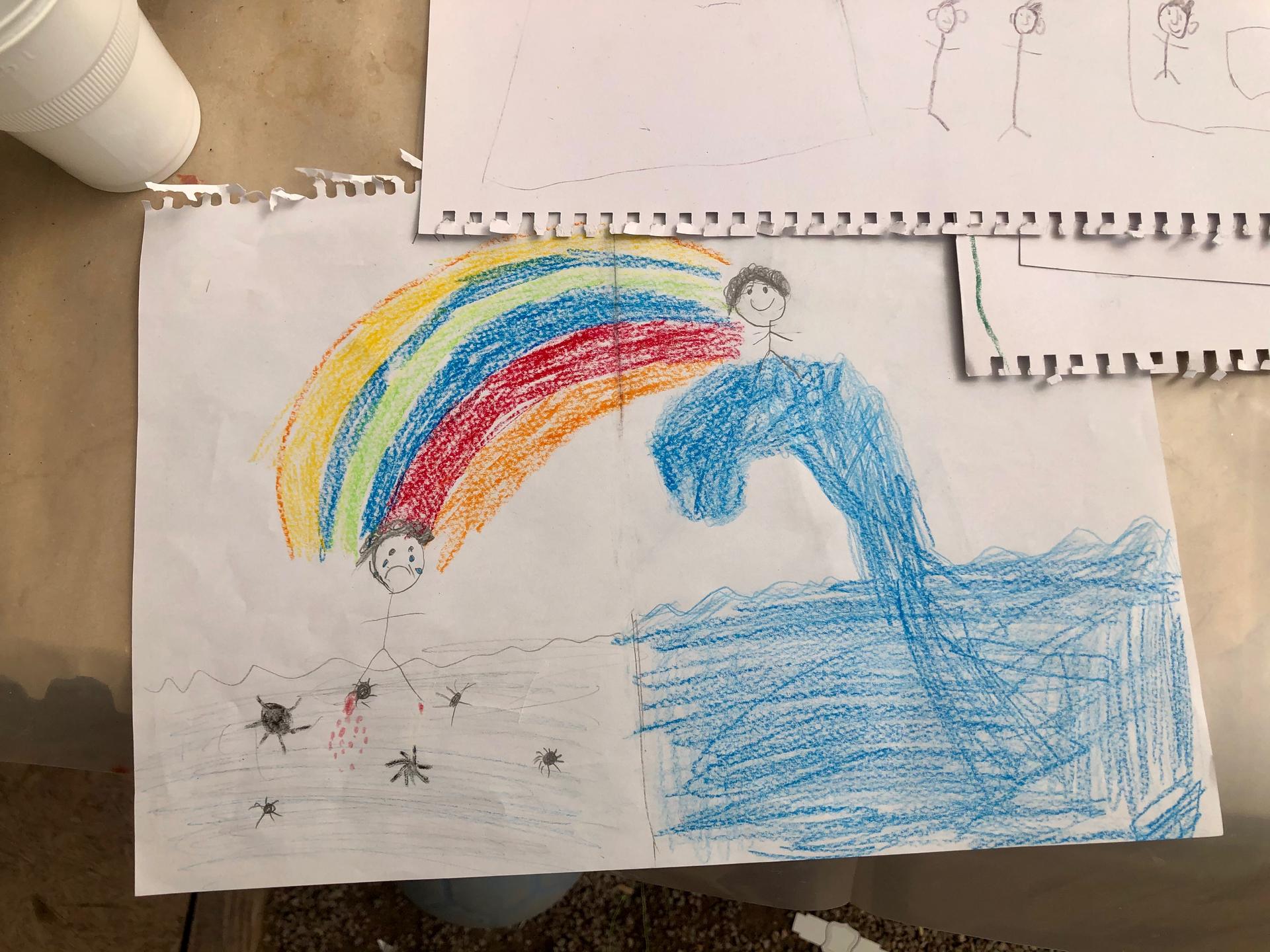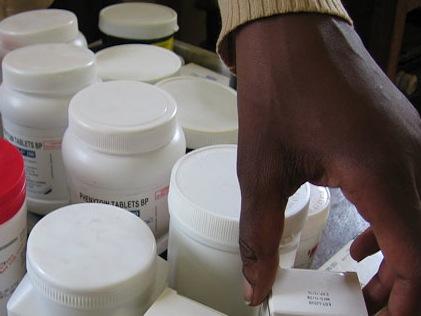Abnormal psychology
We want to hear your feedback so we can keep improving our website, theworld.org. Please fill out this quick survey and let us know your thoughts (your answers will be anonymous). Thanks for your time!
The Collective Experience of PTSD
All this week, we’ve been talking about the experience of post-traumatic stress disorder (PTSD) that is experienced by our men and women in uniform returning home from war. As we heard all week from veterans and service members themselves, much of that experience is lonely and isolating. Most Americans, after all, don’t think much about […]
Some soldiers confront reality where PTSD is part of their identity
The wars in Iraq and Afghanistan have sent hundreds of thousands of soldiers home with post-traumatic stress disorder. The issue is serious, but for some it’s even more complicated. For soldiers like Matt Cook, the psychological toll of war once seemed like an essential right of passage. Today, it’s his reality.
A.D.H.D. an under- (and over-) diagnosed problem
Attention deficit-hyperactivity disorder is becoming more common among kids. Rates of diagnosis have shot up over the past decade. At the same time, though, experts say some classes of kids are still going undiagnosed, perhaps because of where they live, or their gender.
Military uses war simulations to help prevent PTSD in soldiers
War simulations are being used by the military to mentally prepare and test soldiers for the stressful conditions they could face during war. Researchers hope to prevent future cases of PTSD among combat veterans through new initiatives they’re testing now.
A new name for PTSD could reduce stigma among veterans
Thousands of American soldiers suffer from the effects of Post Traumatic Stress Disorder or PTSD, yet many of them don’t seek help. Mental health professionals are hoping changing the name of PTSD will stamp out a stigma and encourage more veterans to request treatment.
Subscribe to The World’s Latest Edition podcast for free using your favorite podcast player:


